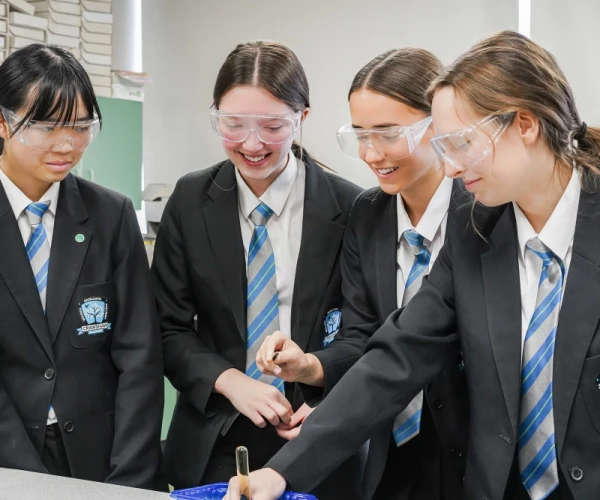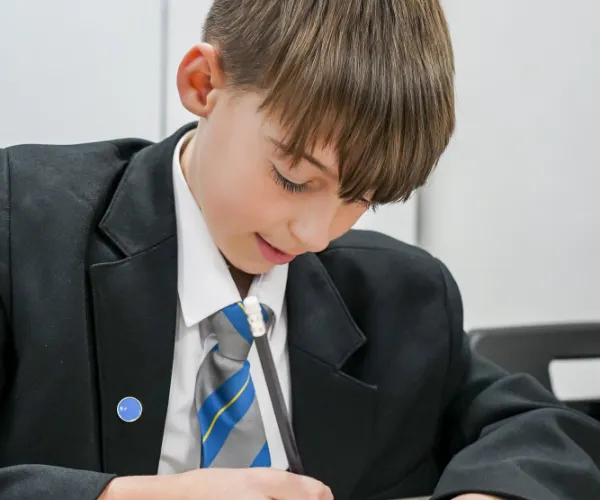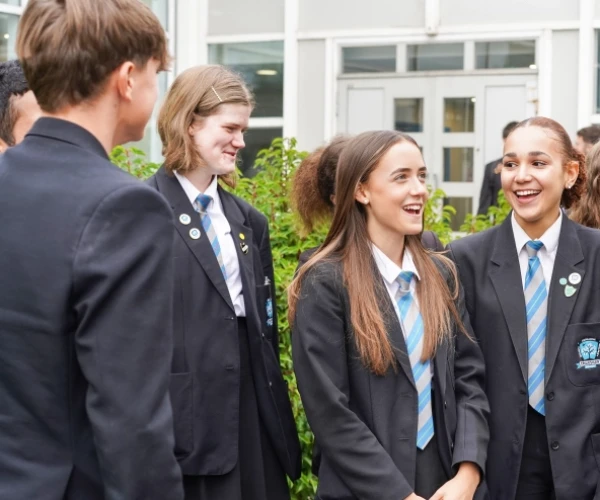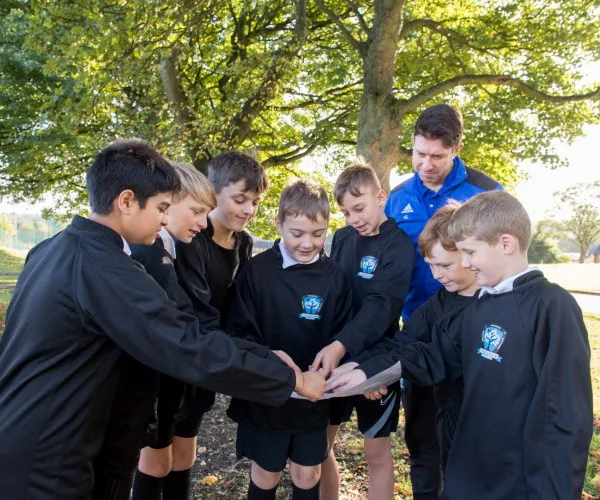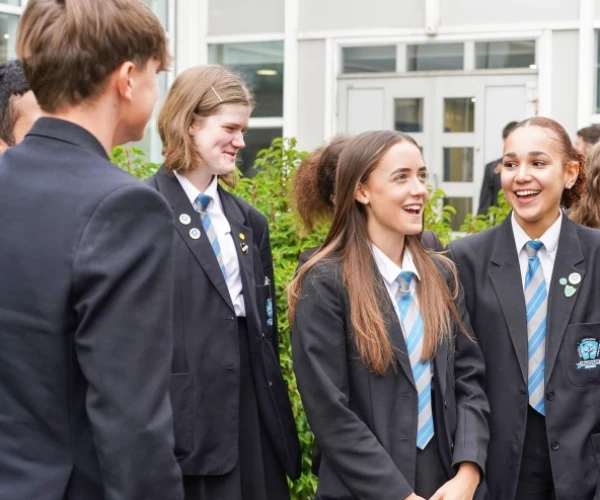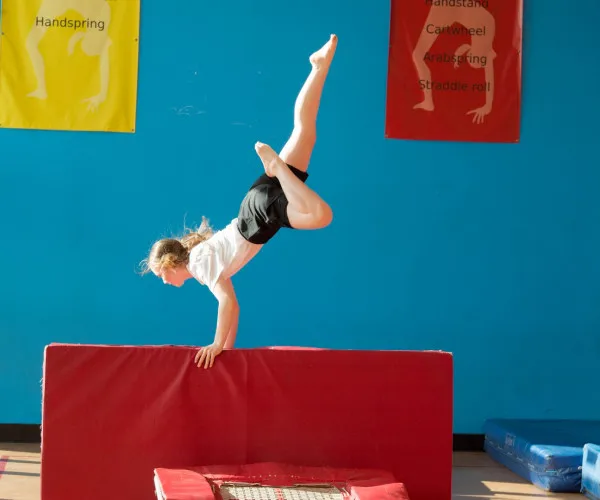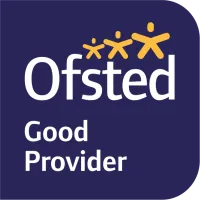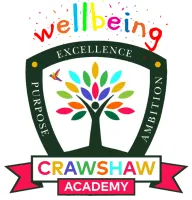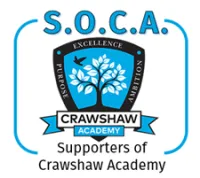KS3 HISTORY
YEAR 7
POWER & THE PEOPLE: The development of kingship and parliament
The Year 7 curriculum begins with a transition module that introduces students to studying the discipline of History with a focus on key skills such as chronology, evidence and categorisation. We then studying Medieval and Early Modern England with a focus on how power has shifted from Anglo-Saxon and Norman England through the Medieval period to the Wars of the Roses and the Tudors.
YEAR 8
POWER & PERSECUTION: The treatment of people
The Year 8 curriculum allows students to study wider world History. We consider wider world events through the lens of persecution and the treatment of different peoples. We begin by studying the Transatlantic Slave Trade, followed by the abolition movement and then transition into the civil rights movements of the 19th, 20th and 21st centuries including African-American civil rights, women’s rights and the Suffragette movement and LGBT+ rights. In Term 3 we begin to look at life in the early 20th century and the First World War.
YEAR 9
POWER & WAR: Conflict & Tension
The Year 9 curriculum allows students to study modern history and recent world events. This begins with the Interwar period following their study of the First World War at the end of Year 8, which includes peace-making, political ideologies and systems (including the Russian Revolution, Fascism in Italy and Nazism in Germany) and the causes of the Second World War. This is then followed with a study of the Second World War and in-depth study of the Holocaust, which allows for comparison with the treatment of people module in Year 8. After Easter in Year 9 we begin to study the History GCSE to allow students a trial period to help guide their decision making when they choose their GCSE options and to support the transition from KS3 to KS4.

